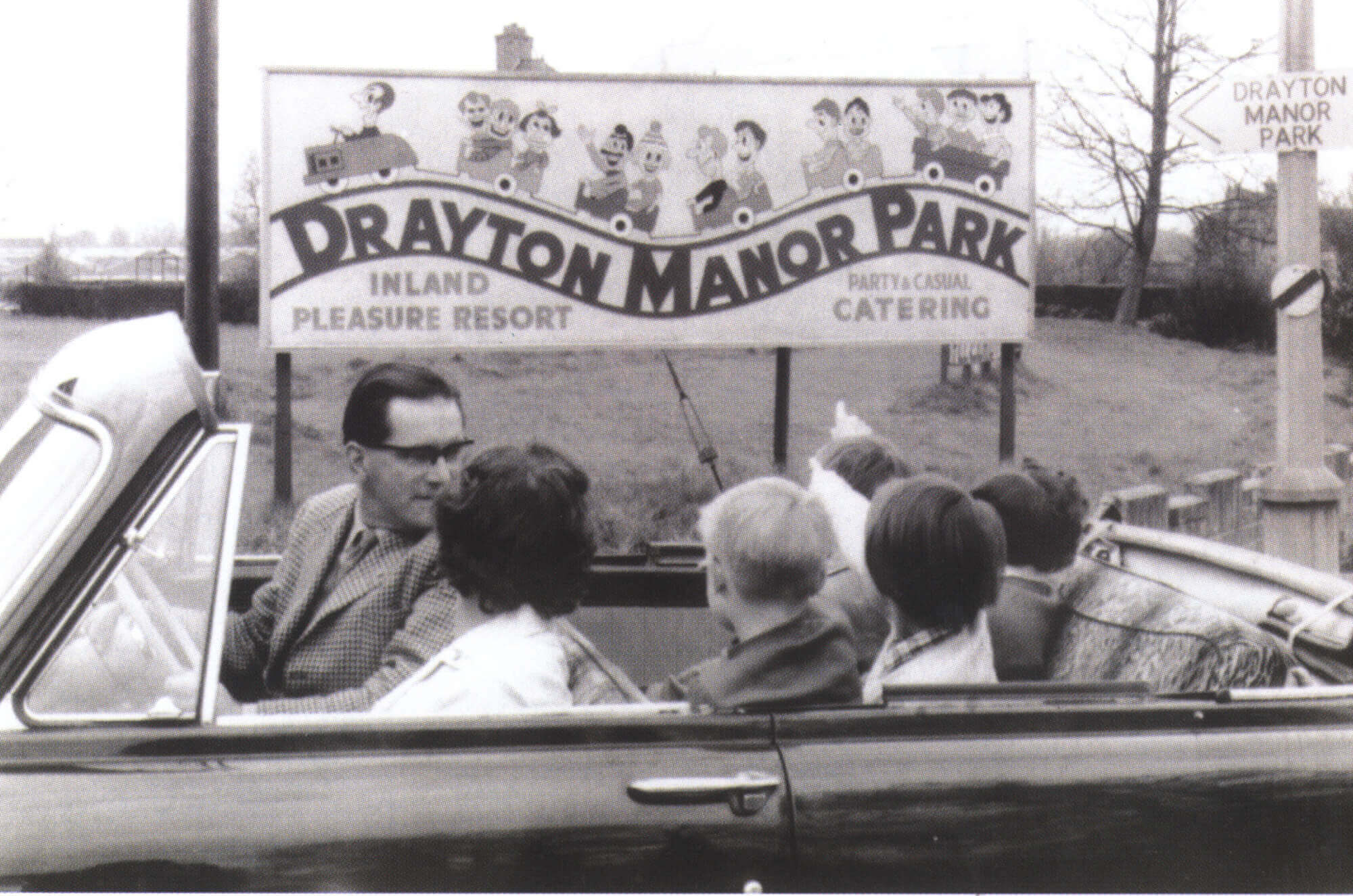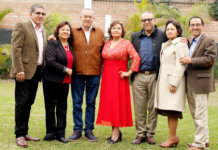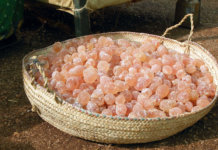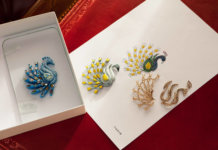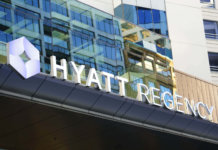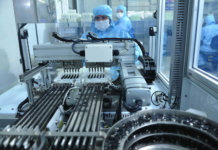Drayton Manor Theme Park is an iconic British family fun destination. Its longevity and award-winning facilities, including several large rides and a zoo have made it a national institution.
Operations began when Vera and George Bryan, OBE, started installing rides on their Tamworth, England estate. The couple opened the park’s doors to the public in 1950. The business grew, and by the 90’s, with the advent of adrenaline-pumping big-rides, Drayton Manor was seeing over a million visitors per year.
George Bryan, the grandson of the park’s founder, grew up in the carnival atmosphere of his family’s business and came of age working in the theme park. He has known many roles both operational and strategic in moving the business forward. Today a director of Drayton Manor, George sat down with Tharawat Magazine to discuss his childhood in an amusement park, the value of experiencing diverse roles throughout his career and his transition from an operational to a board position in his family business.
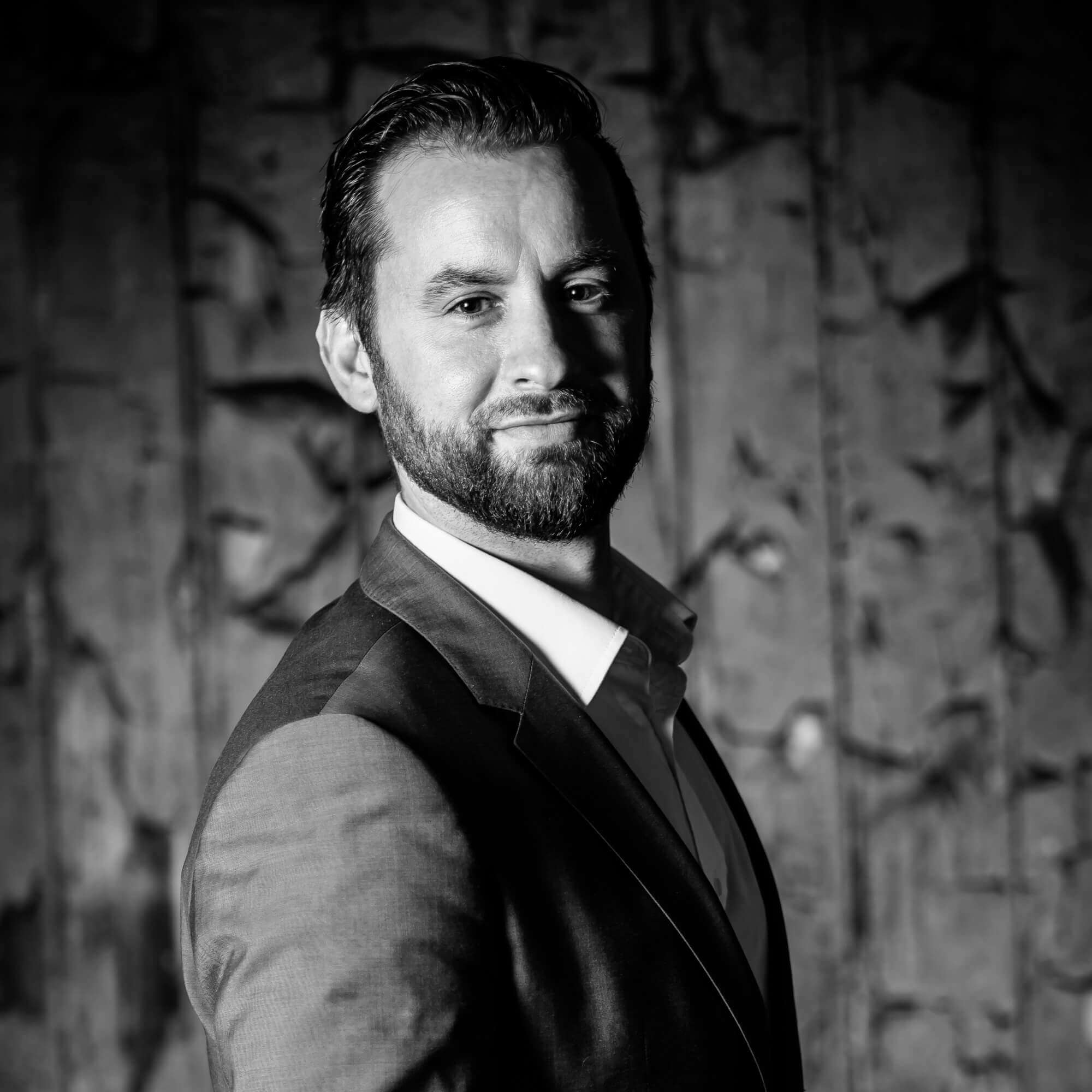
How did your family come to own and operate a theme park?
It’s a long story but the most concise answer is, my family built Drayton Manor from the ground up. After purchasing the defunct Peel estate in 1949, my grandparents got to work clearing and levelling the land with the goal of opening a leisure resort. It’s incredible how much they were able to accomplish by themselves – we have some excellent photos of my grandfather on his favourite bulldozer doing the ground works. The existing lakes were deepened, a few hand-cranked rides were installed and Drayton Manor Inland Leisure Resort as it was known then, opened to the public.
Building a theme park in the middle of nowhere seems like an unconventional investment but in fact, my grandparents had a precedent. My grandmother’s family had owned a resort just outside of London called California in England that had seen success through the war years. Nowadays, this kind of healthy escapism would be couched in terms of mental wellbeing. California folded soon after but with that and the World Fair, my grandparents had a model to base their business on.
How did your journey at Drayton Manor begin?
The family business was structured in a way where my grandfather acted as CEO, and my father reported to him in the role of managing director. Richard, my uncle, oversaw special occasions filling the role of operations director. My brother William and I, and our cousins Edward and Helen make up the third generation. We started working at Drayton Manor when we were 12 or 13 and would congregate there after school because it was our backyard and playground – it was ingrained in our DNA.
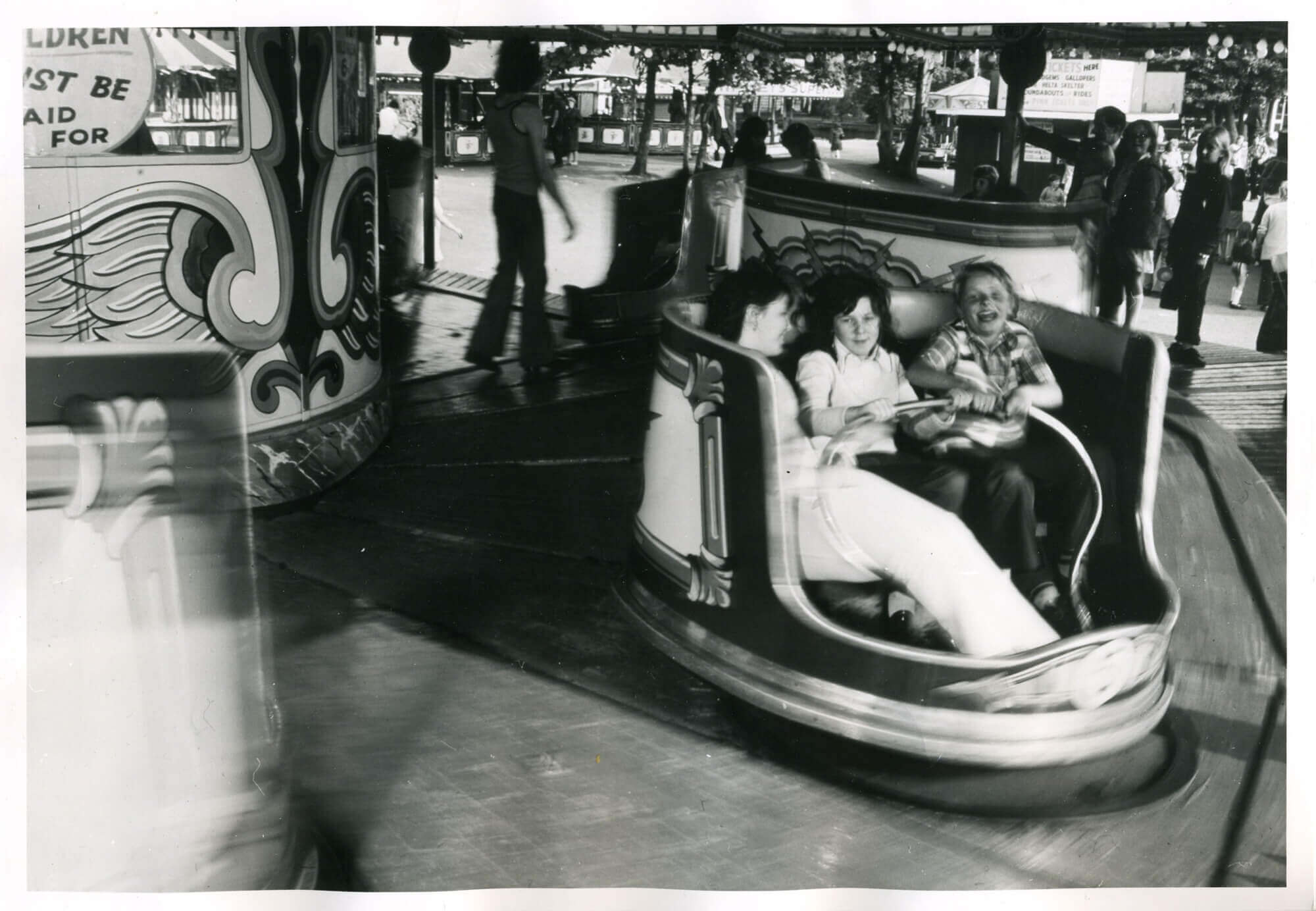
You must have felt very lucky as children growing up in such an environment.
Absolutely! We started out by cleaning tables, emptying bins, even cleaning toilets. As we got older, we moved on to the catering units. Both my brother and I worked in the fish and chips restaurant. In a way, this progression was no different from the average jobbing adolescent, what’s interesting is that it all happened within the microcosm of our family business. I’ll add that none of this was planned – it was all very ad hoc. However, it provided us with very well rounded experiences; eventually, there was nothing within the confines of Drayton Manor we couldn’t do. I guess you could call it flying by the seat of your pants. That’s how it was in those days. Today, there’s an added level of professionalism to the business.
How did the family cope with the transition towards a more professionalised structure and how did it affect your roles?
This professionalisation only took root three or four years ago when we brought in a family business consultant named John Tucker, who’s actually become a very close friend of mine. Andy Clayton, our finance director, took my father to one of John’s seminars, and my father related to what John was saying. He engaged John to work with us, the third generation, ostensibly to find the next leader of the company. I use that word because honestly, we always knew William, as the oldest, was my father’s heir apparent. When John came, the decision was already made – his consultation just added a certain gravitas.
When it actually happened however, I found it difficult to accept. Even though I expected it, I didn’t want to be told that William would become managing director and my cousin Helen and I would have to transition out of operations to go work at board level. I felt horrible about it for at least two years. In hindsight, my reaction was illogical, but I guess that’s not surprising.
It was only after some time that it started to dawn on me: managing my brother and cousins in a business with continually growing expectations could be problematic.

How did you adjust to the situation?
I found it extremely difficult to go from managing everything in my department to the role of director. I found myself asking ‘Where am I?’
When we were finally able to accept it, we started to embrace our role as directors. We took several courses with the Institute of Directors (IOD), to help us better execute our duties and began to understand the scope and complexity of the legal and fiscal responsibilities that come with the position. As such, I’d say we’ve turned this into a positive experience.
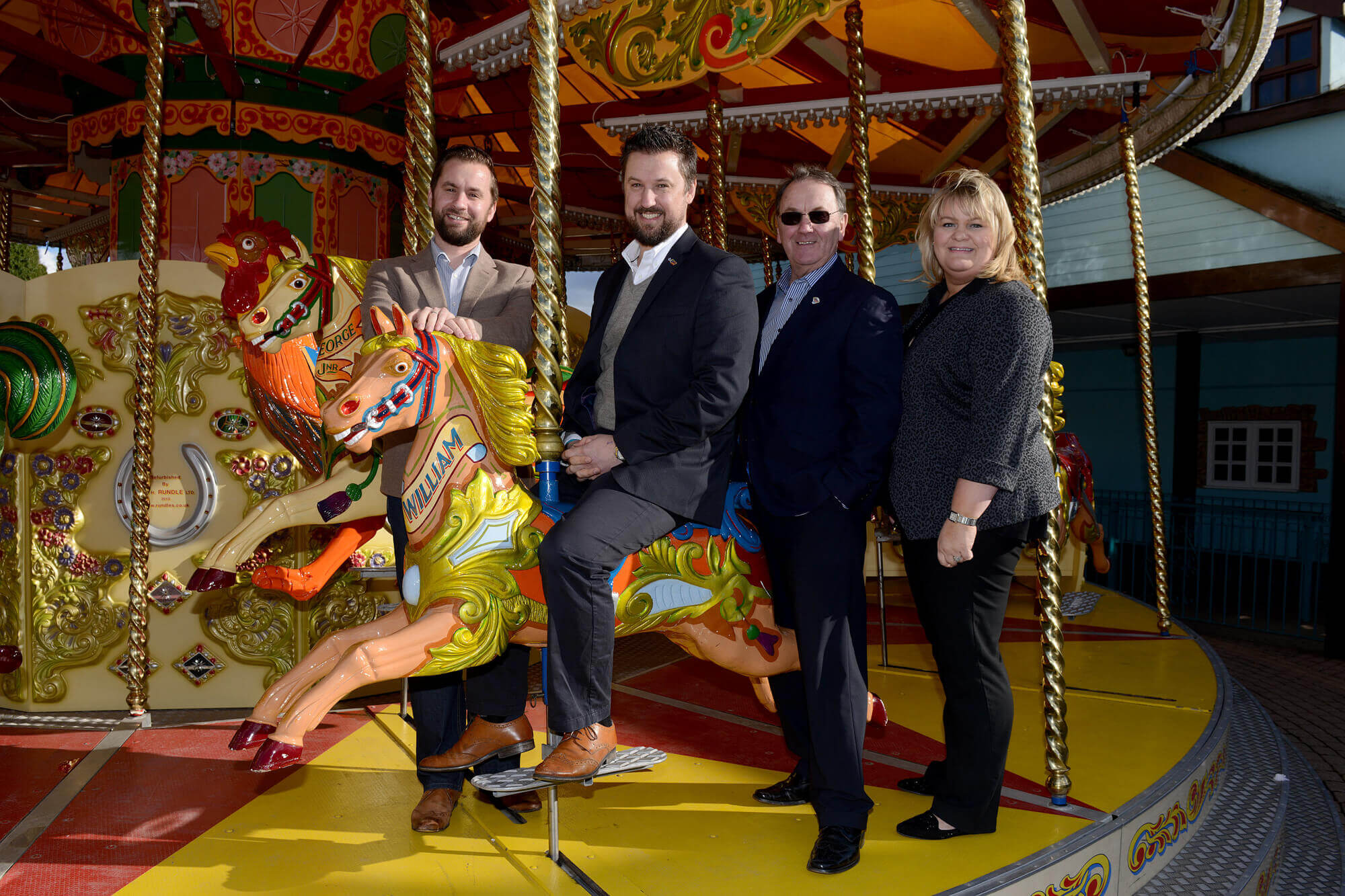
George Bryan, William Bryan, Colin Bryan, and Helen Pawley, courtesy of Drayton Manor

Was the fact that you shared this role transition with your cousin helpful?
When I moved out of my previous office, I took up a corner of Helen’s office and I’ve stayed there ever since. We didn’t plan it this way, but this working arrangement has been an incredibly useful support mechanism for both of us. We’ve become a lot closer through this shared experience – we were able to talk through it and be angry about the situation together. Later, we’d laugh about it. It was a real, and please forgive the pun, rollercoaster of emotions.
[ms-protect-content id=”4069,4129″]
When you reflect on your experience, what do you think should have happened differently to avoid the situation?
Whatever the context, families benefit from open and honest communication. It’s about having a vision, not just for the business but for the family as well. Before our experience with succession, we didn’t communicate effectively enough with each other, and if we had, hurt feelings might have been avoided. We all knew William would become the managing director, but we never talked about the practicalities. Any significant change of roles for family members has the potential to create conflict, but there are tactics to expedite the process of getting over it and focusing on what’s best for the business.
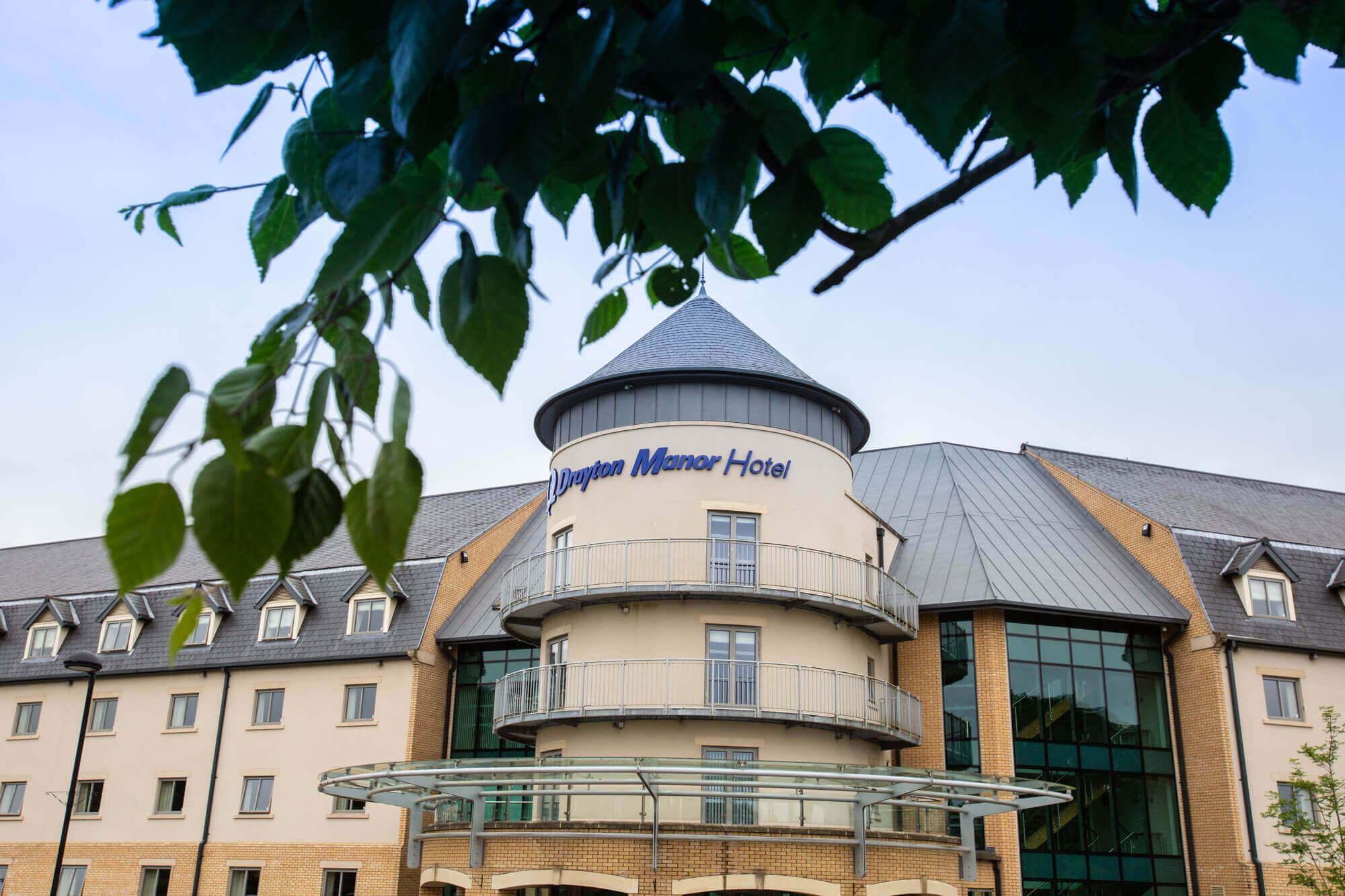
How are you able to maintain your identity within the context of the organisation as a whole?
That’s an excellent question. I think being active outside of the family business is the most effective way of maintaining your own identity. Pursuing your education, whether or not it pertains to the company is another way to feel like an individual. I’ve taken many courses that are irrelevant to my role at Drayton Manor, and I think I’ve gained a lot of insight by doing so. The next chapter for me is to complete the Family Firm Institute Advanced Certificate in Family Business Advising and join The FBC (Family Business Consultancy). It will enable me to put my experiences to good use for other family businesses.
What’s would you most like to see in terms of the future of Drayton Manor?
First and foremost, I’d like the business to continue being secure so the future generations of our family will be able to benefit from it. I want the business to be able to help with their education and startups – that’s what I ultimately see the business doing. I don’t think Drayton Manor should provide long-term jobs for the family because there are ten in the fourth generation. I see it as a mechanism to help them achieve their own individual goals outside of the family business.
That said, I certainly don’t mean to suggest that anyone who stays in their family business is trapped or stuck, but there’s so much more out there. Sometimes I think I should have done something else with my life. Though I wouldn’t say I’m regretful because I also appreciate what I’m doing now and I’m very grateful to Drayton for providing for our family. Pragmatically speaking, the next decade will probably see us going into an ownership model rather than an owner-management model. I honestly feel that’s the natural evolution of a family business.
[/ms-protect-content]


